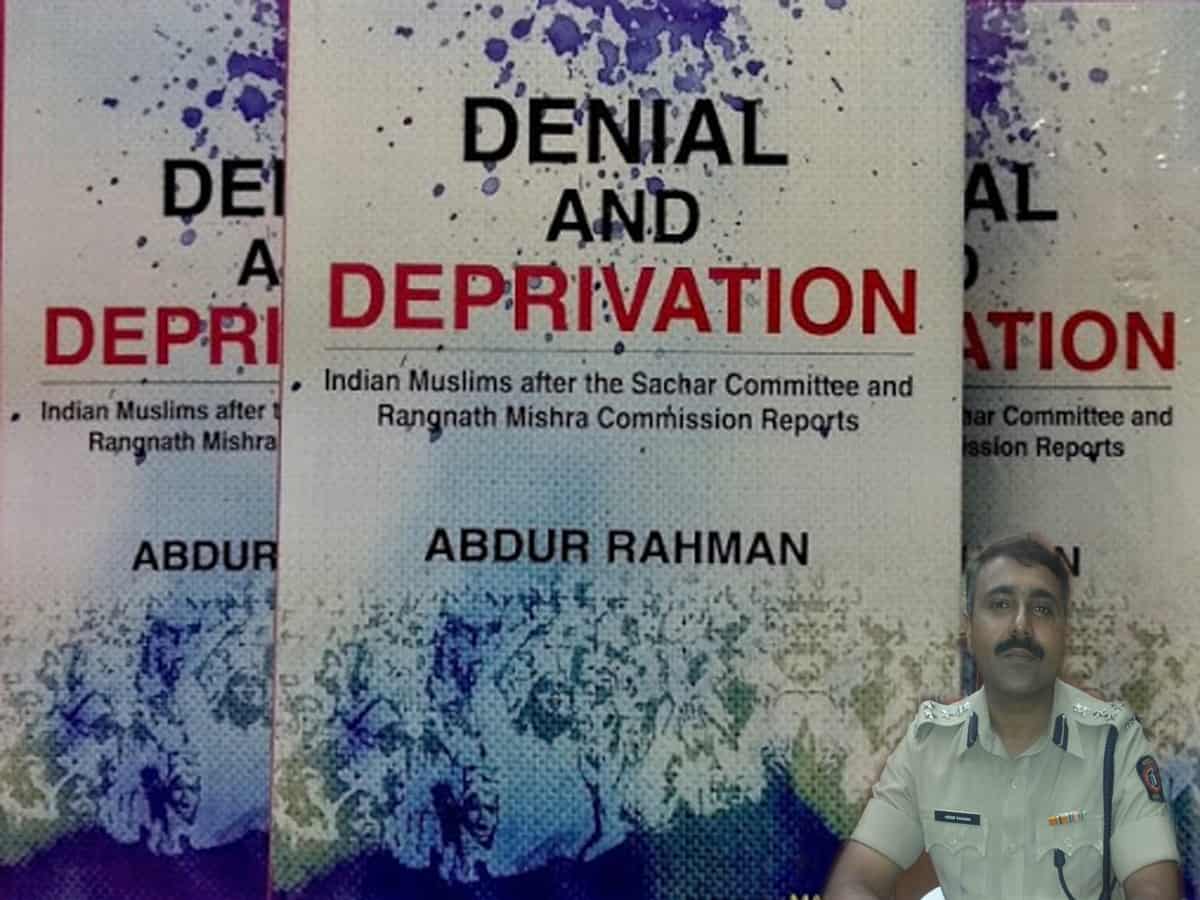Afshan Khan while explaining the importance of Waqf through a book which has written by the IPS Abdur Rahman said the proper use of Waqf property can make the oppressed people ‘Self-Reliant’ and it can also change the destiny of the country.
Author of the book
Abdur Rahman, an IPS officer in Maharashtra who later resigned voluntarily in protest against CAA, wrote a book ‘Denial and Deprivaion: Indian Muslims after the Sachar Committee and Ranganath Mishra Commission Reports’ which dealt with the issues of Muslims and its solutions.
What is Sachar Committee?
In March 2005, former Prime Minister Manmohan Singh had constituted a seven-member High Level Committee headed by former Chief Justice of Delhi High Court Rajinder Sachar to study the social, economic and educational condition of Muslims in India.
Afshan Khan, in a video discussed about the book’s chapter 14 which dealt with the importance of Waqf properties in India.
She explained that if the Waqf properties are used properly then it can benefit not only Muslims but also all minorities of India.
She further said that the Muslim community should think about the security of these Waqf properties as it is being encroached by some people.
Watch the video here:
What is Waqf?
Waqf is an endowment of land or property by a Muslim for a religious, educational or charitable purpose. Under Indian law, it cannot be transferred or sold, and must be used for the community’s welfare.
According to a report of Reuters, the estimated waqf boards in India hold nearly 500,000 registered properties and tracts of land, making them among the top landowners in the country.
The report further said that the Waqf properties make up a land bank worth about 1.2 trillion rupees ($18 billion), and can generate an annual return of 120 billion rupees. Yet it only yields about 1.6 billion rupees now because of encroachments and poor management.
According to reports, Muslims officially account for 13.4% of total population of the country, and out of this, almost, 38% are below poverty line.
If these Waqf properties were managed discretely, it can play a pivotal role in uplifting the economic and social status of oppressed Muslims and others in the country.


